Customer service solutions are no longer just about handling complaints; they’re a strategic investment in building brand loyalty, driving revenue, and fostering long-term customer relationships. In today’s competitive landscape, exceptional customer service isn’t a ‘nice-to-have’ – it’s a fundamental requirement for success. This guide will delve into the key elements of effective customer service solutions, offering actionable insights and best practices to elevate your organization’s approach. Customer service solutions encompass a wide range of strategies, from proactive communication to personalized support, all aimed at exceeding customer expectations and creating a positive brand experience. The modern customer demands more than just a quick resolution; they want to feel valued, understood, and genuinely cared for. Ignoring this demand can lead to lost revenue, negative reviews, and ultimately, a damaged reputation. Let’s explore how to craft and implement robust customer service solutions that deliver real results.
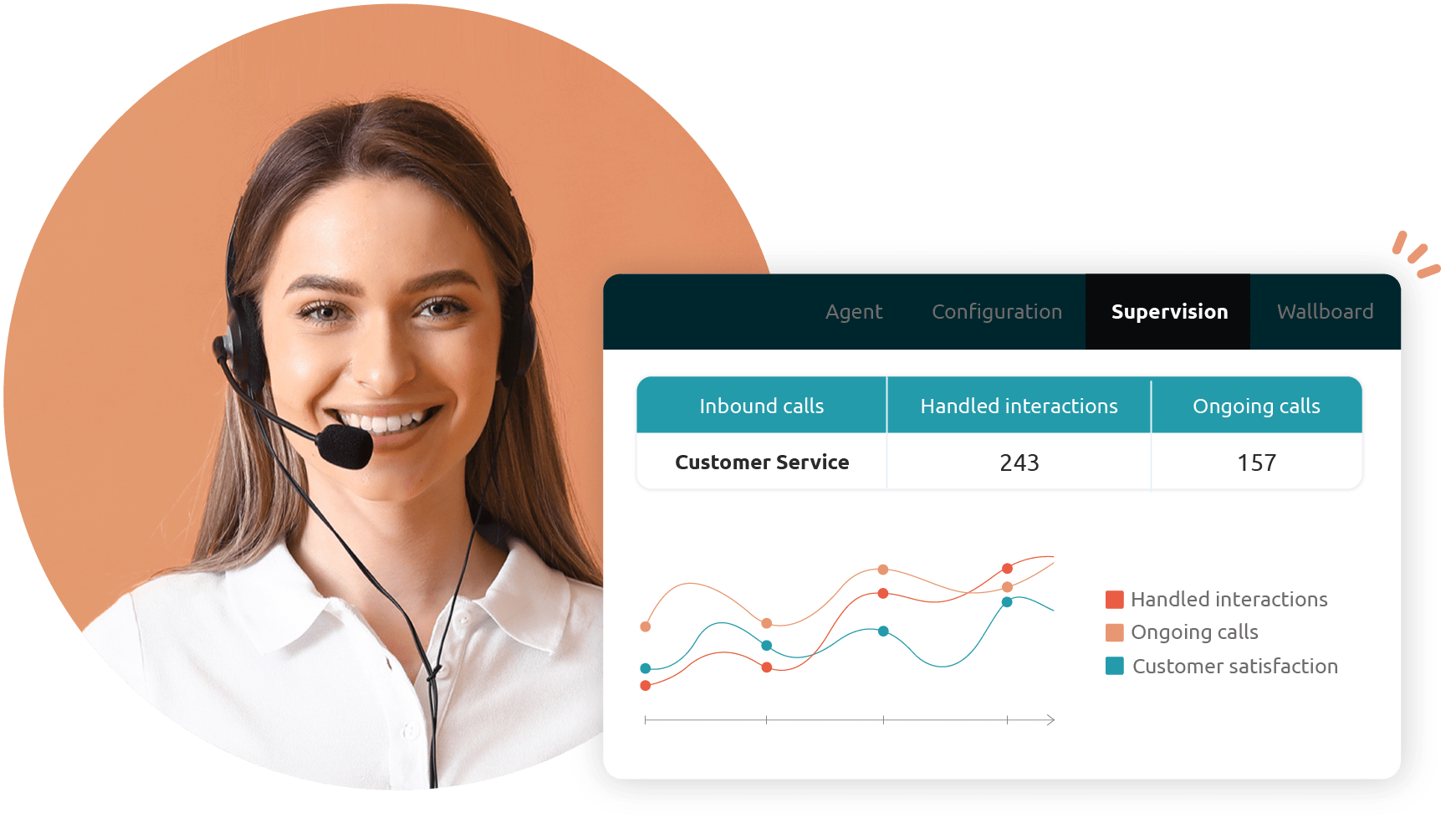
Understanding the Core Components of Effective Customer Service
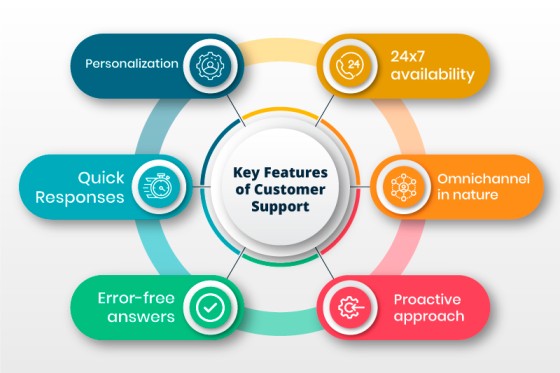
Before diving into specific solutions, it’s crucial to understand the core components that underpin successful customer service. Firstly, empathy is paramount. Customers want to feel heard and understood, and employees who demonstrate genuine concern can significantly improve the customer experience. Secondly, responsiveness is key. Customers expect quick answers to their inquiries and timely resolutions to their problems. This requires efficient systems, well-trained staff, and a commitment to minimizing wait times. Thirdly, accessibility is vital. Customers should be able to easily reach you through multiple channels – phone, email, chat, social media – and have their inquiries addressed promptly. Finally, consistency in service delivery is essential. Customers should receive the same level of service regardless of who they interact with. Poor consistency can quickly erode trust and damage brand reputation. A holistic approach to customer service, integrating these elements, is the foundation for building lasting customer relationships.

Proactive Customer Service: Anticipating Needs Before They Arise
Proactive customer service goes beyond simply responding to complaints. It’s about anticipating customer needs and addressing potential issues before they escalate. This requires a data-driven approach, leveraging customer data and analytics to identify patterns and trends. For example, analyzing website behavior, purchase history, and social media mentions can reveal common pain points and areas for improvement. Implementing proactive communication strategies, such as sending welcome emails, offering helpful tutorials, or providing personalized recommendations, demonstrates a commitment to customer success. Consider a subscription service that proactively offers tips and tricks based on usage patterns. Another example is a software company that sends out automated onboarding emails with helpful resources and tutorials, anticipating potential roadblocks for new users. By anticipating needs, you demonstrate that you’re invested in your customers’ success, fostering loyalty and reducing the likelihood of dissatisfaction. Customer service solutions that prioritize proactive engagement are increasingly valuable in today’s competitive market.
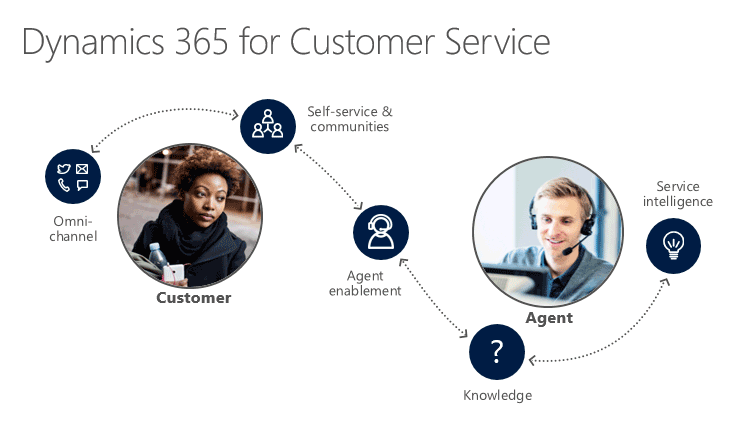
The Power of Self-Service Options
In an era of increasing digital engagement, providing customers with self-service options is no longer optional – it’s often a necessity. A robust knowledge base, FAQs, and interactive tutorials empower customers to resolve issues independently, reducing the burden on your support team and freeing them up to handle more complex inquiries. A well-designed knowledge base should be easily searchable and regularly updated with accurate and helpful information. Chatbots can also play a significant role in self-service, providing instant answers to common questions and guiding customers through troubleshooting steps. However, it’s important to remember that chatbots are tools, not replacements for human agents. Seamlessly routed customers to a human agent when necessary is crucial for ensuring a positive customer experience. Investing in a user-friendly self-service portal demonstrates a commitment to customer empowerment and streamlines the support process. Customer service solutions that prioritize self-service are increasingly recognized as a key differentiator.
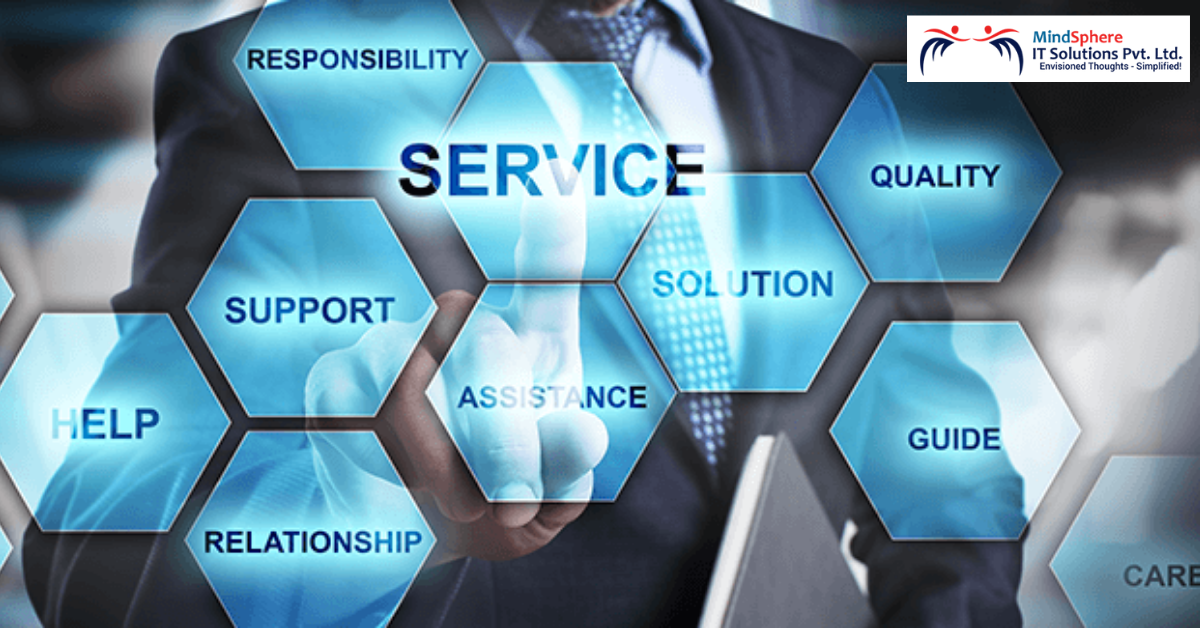
Training and Empowering Your Customer Service Team
Investing in the training and empowerment of your customer service team is arguably the most impactful investment you can make. Well-trained employees are better equipped to handle a wide range of customer inquiries, resolve issues effectively, and provide exceptional service. Training should go beyond simply teaching employees how to use the phone system or navigate a CRM. It should encompass empathy training, conflict resolution skills, product knowledge, and communication techniques. Role-playing scenarios can be particularly effective in helping employees practice handling difficult situations. Furthermore, empowering employees to make decisions and resolve issues without excessive bureaucracy fosters a sense of ownership and accountability. Providing employees with the tools and resources they need to succeed is essential for delivering consistently high-quality service. Customer service solutions that prioritize employee development are a cornerstone of a thriving customer service operation.

Utilizing CRM Systems for Enhanced Customer Service
Customer Relationship Management (CRM) systems are powerful tools for managing customer interactions and providing personalized service. A CRM system allows you to centralize customer data, track interactions, and identify trends. This data can be used to personalize communication, anticipate needs, and proactively address potential issues. Examples of CRM features that are particularly valuable for customer service include: Customer segmentation, allowing you to tailor your messaging to specific customer groups; ticketing management, enabling you to track and resolve issues efficiently; and reporting and analytics, providing insights into customer behavior and service performance. Choosing the right CRM system is crucial for maximizing its benefits. Consider factors such as scalability, integration capabilities, and ease of use. A CRM system isn’t just a tool for managing data; it’s a platform for building stronger customer relationships.
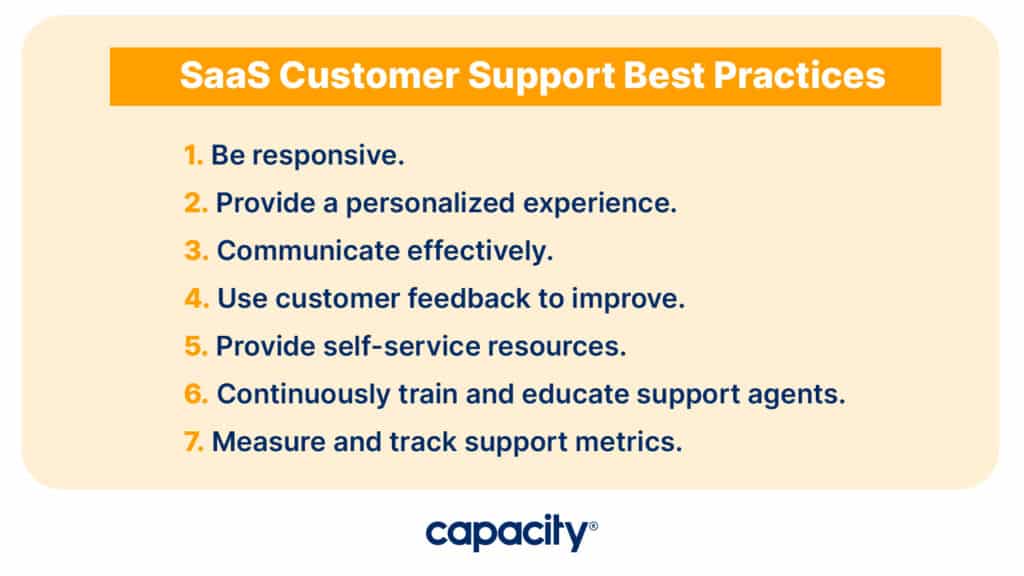
The Role of Communication Channels
Customers expect to interact with your company through a variety of channels. Understanding the strengths and weaknesses of each channel is essential for delivering a consistent and effective customer experience. Phone support is often the most important channel for complex issues, while email and chat are suitable for quick questions and updates. Social media channels can be used for public-facing communication and for addressing customer complaints. Each channel should be managed with a consistent brand voice and tone. For example, a formal email should be used for sensitive inquiries, while a casual chat message can be used for quick questions. Customer service solutions that leverage multiple channels effectively are crucial for reaching customers where they are.

Measuring Customer Service Success
It’s not enough to simply provide good customer service; you need to measure its effectiveness. Key metrics to track include: Customer satisfaction (CSAT), measuring customer happiness with a specific interaction; Net Promoter Score (NPS), gauging customer loyalty and willingness to recommend your company; Customer effort score (CES), assessing the ease of resolving customer issues; and resolution time. Analyzing these metrics can help you identify areas for improvement and track the impact of your customer service initiatives. Regularly soliciting customer feedback through surveys and feedback forms is also essential for understanding their needs and expectations. Using data to inform your strategy is critical for driving continuous improvement. Customer service solutions that prioritize data-driven measurement are essential for optimizing performance.

The Future of Customer Service: AI and Automation
Artificial intelligence (AI) and automation are rapidly transforming the customer service landscape. AI-powered chatbots are becoming increasingly sophisticated, capable of handling a wider range of inquiries and providing more personalized support. Robotic Process Automation (RPA) can automate repetitive tasks, freeing up human agents to focus on more complex issues. However, it’s important to remember that AI and automation are tools, not replacements for human empathy and problem-solving skills. The most effective customer service strategies will combine the strengths of both AI and human agents. A hybrid approach, where AI handles routine tasks and human agents handle complex issues, is often the optimal solution. Furthermore, expect to see increased personalization driven by AI, tailoring interactions based on individual customer preferences and past behavior. Customer service solutions that embrace AI and automation strategically are poised to deliver exceptional customer experiences.
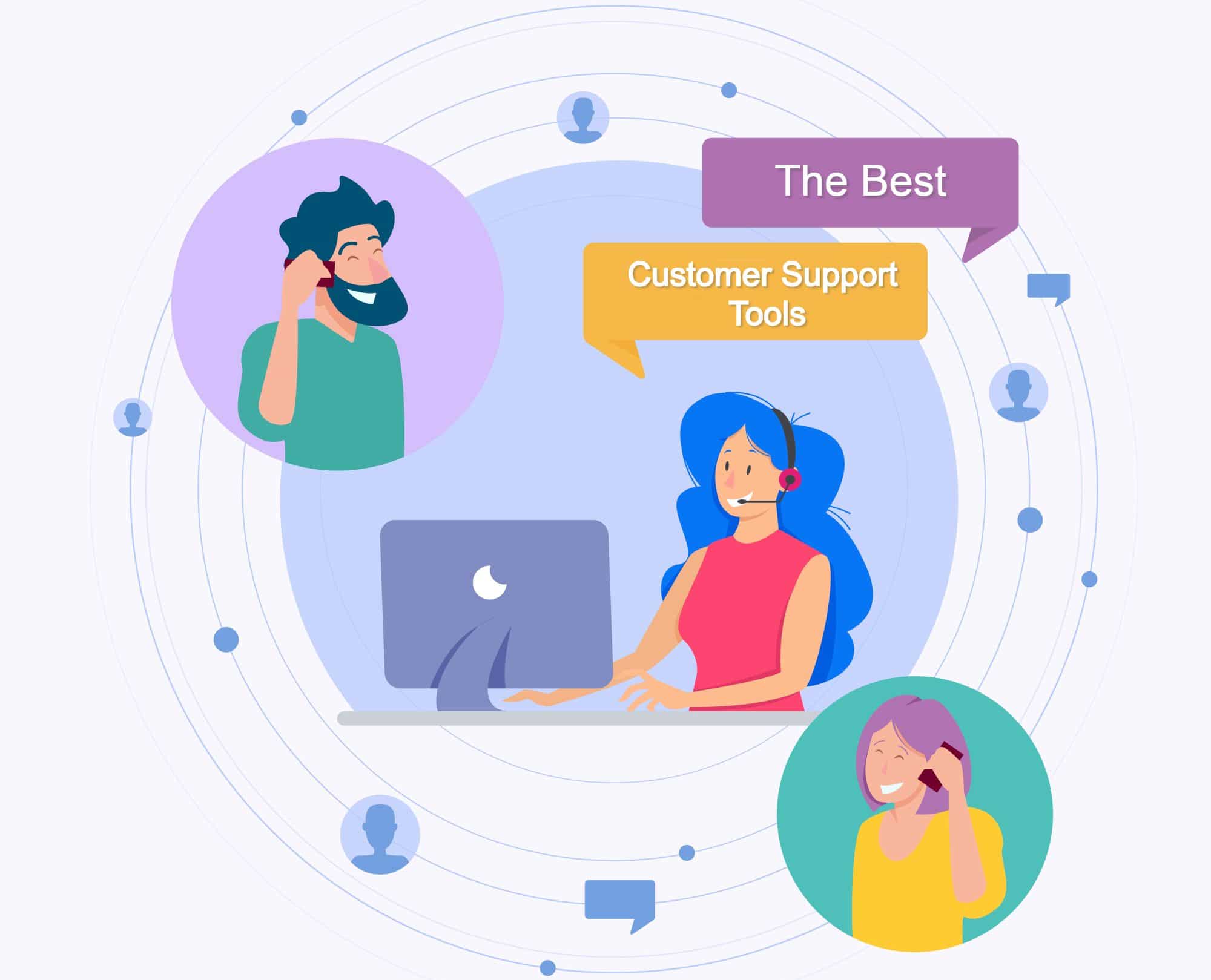
Conclusion
Effective customer service solutions are no longer a luxury – they are a necessity for success in today’s competitive market. By understanding the core components of excellent customer service, proactively anticipating needs, investing in employee training, utilizing CRM systems, and embracing new technologies, organizations can build stronger customer relationships, drive revenue growth, and achieve long-term sustainability. Remember that customer service solutions are an ongoing journey, requiring continuous monitoring, evaluation, and adaptation. By prioritizing the customer experience and embracing innovation, businesses can create a loyal customer base and achieve lasting success. Ultimately, a commitment to exceptional customer service is an investment in the future of your organization.